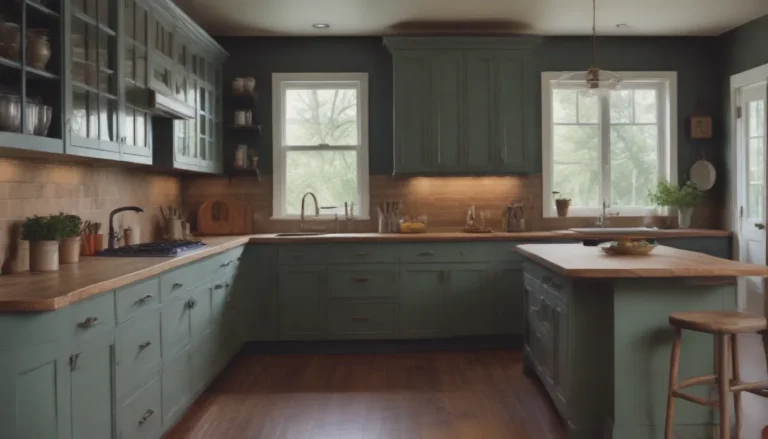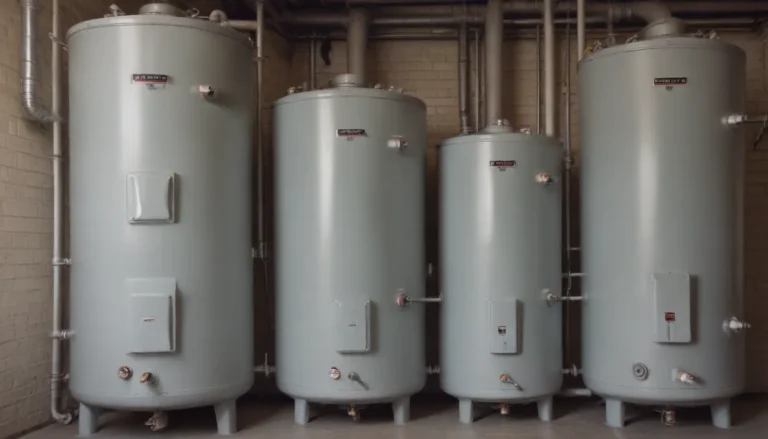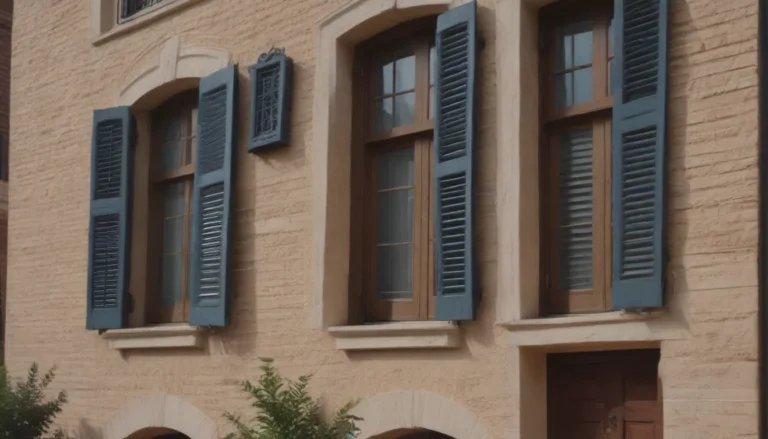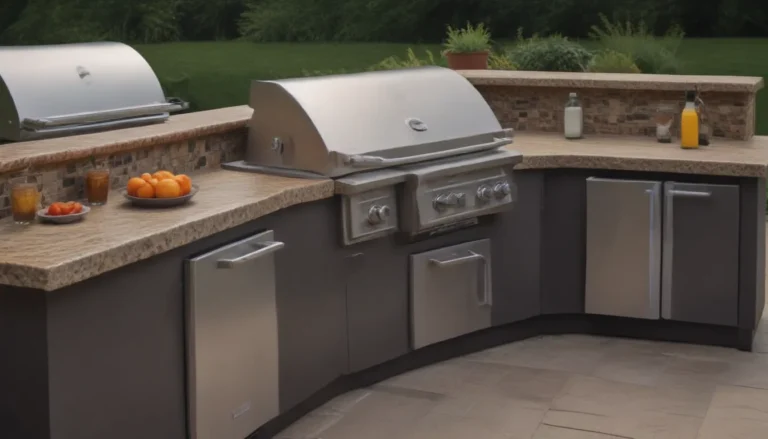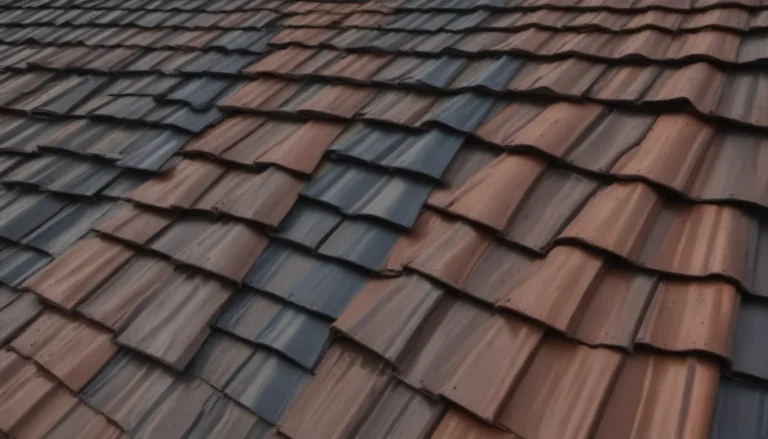Choosing the Right Mortar Mix for Your Project: N, O, S, or M
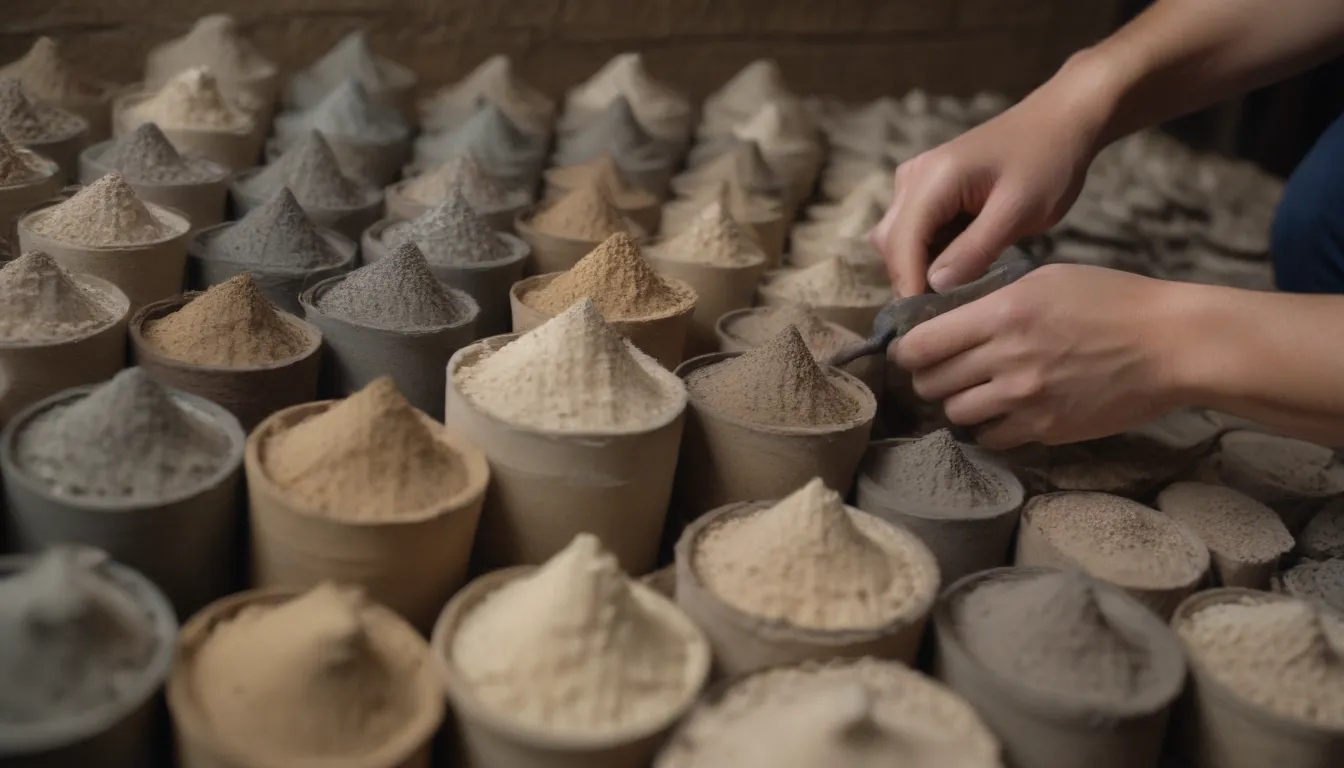
When it comes to building with bricks, blocks, or stones, choosing the right mortar mix is essential for the success and longevity of your project. Mortar not only bonds masonry units together but also strengthens walls and other structures, providing stability and durability. With various types of mortar mixes available—like types N, O, S, and M—it’s crucial to understand the differences between them to select the most suitable one for your specific application.
In this comprehensive guide, we will delve into the characteristics of each type of mortar mix, highlighting their strengths, weaknesses, and recommended uses. By the end of this article, you will be well-equipped to make an informed decision on which mortar mix type is best suited for your construction project.
Type S Mortar Mix: Strength and Durability
Type S mortar mix is known for its high compressive strength, making it an excellent choice for load-bearing applications that require resistance to pressure from soil, wind, and seismic loads. With a compressive strength of over 1,800 psi and high-tensile bond strength, type S mortar mix is ideal for projects at or below grade.
The most common ratio formula for Type S mortar is two parts Portland cement, one part hydrated lime, and nine parts sand. This blend can be adjusted to achieve strengths ranging from 2,300 to 3,000 psi, depending on the project’s requirements. Type S is commonly used for masonry foundations, manholes, retaining walls, sewers, as well as at-grade projects like brick patios and walkways.
One key feature of Type S mortar is its water-resistant properties, attributed to the higher lime content in the mix. This property sets it apart from other mortar mixes with lower lime ratios, making it ideal for applications where moisture resistance is crucial.
Key Points about Type S Mortar Mix:
– High compressive strength of over 1,800 psi
– Suitable for load-bearing applications
– Water-resistant properties due to hydrated lime content
Achieving the Right Consistency:
When using Type S mortar mix for joining masonry units, it’s essential to achieve the right consistency for optimal performance. Aim to lay about 1/2- to 2/3-inch of mortar and test its consistency by pressing it with your thumb. The mortar should allow you to leave a thumbprint, indicating that it’s pliable and workable.
Type N Mortar Mix: Versatility and Reliability
Type N mortar mix is a versatile option suitable for a wide range of applications, both exterior and above-grade. With a medium compressive strength typically around 750 psi, Type N mortar mix is commonly recommended for walls exposed to severe weather conditions and high heat.
The composition of Type N mortar mix includes one part Portland cement, one part lime, and six parts sand, making it a well-balanced mix for exterior, interior, and load-bearing installations. It is particularly well-suited for soft stone masonry, such as limestone, and is often the preferred choice for homeowners due to its general applicability.
Key Points about Type N Mortar Mix:
– Medium compressive strength of around 750 psi
– Suitable for exterior and above-grade walls
– Ideal for soft stone masonry and general applications
Enhancing Durability with Waterproofing:
For added protection and longevity of the masonry work, applying a roll-on liquid waterproofing membrane post-completion is a recommended practice for all mortar mix types, including Type N.
Type O Mortar Mix: Specialty Applications
Type O mortar mix possesses relatively low compressive strength, around 350 psi, making it suitable for interior, above-grade non-load-bearing walls. While Type O can be used interchangeably with Type N for some interior applications, its exterior use is limited due to its lower structural capacity. It is not recommended for areas prone to high winds.
Despite its limitations in load-bearing capacity, Type O mortar mix finds its niche in repointing and repair work on existing structures. Its consistency and ease of application make it an ideal choice for projects that require precision and attention to detail.
Key Points about Type O Mortar Mix:
– Low compressive strength of about 350 psi
– Ideal for interior, non-load-bearing walls and repair work
– Not recommended for exterior applications in high wind zones
Special Consideration for Specialty Projects:
When working with glass block, ensure to use a special white glass block mortar designed to exceed the strength requirements of standard Type S mortar for such projects.
Type M Mortar Mix: Heavy Duty Applications
Type M mortar mix is the heavyweight of the mortar world, designed for heavy loads and below-grade applications where strength is paramount. With a minimum compressive strength of 2,500 psi, Type M mortar is recommended for foundations, retaining walls, and driveways. However, it lacks adhesion and sealing properties, limiting its suitability for exposed applications.
Due to its high Portland cement content, Type M mortar mix is preferred for use with natural stone, offering compatibility in terms of strength and durability. When working on projects that involve heavy materials and significant loads, Type M mortar mix is the go-to choice for contractors seeking stability and structural integrity.
Key Points about Type M Mortar Mix:
– High compressive strength of at least 2,500 psi
– Suitable for heavy loads and below-grade applications
– Preferred for use with natural stone and heavy materials
Meeting High-Temperature Requirements:
For projects like fire pits, fireplaces, or chimneys that involve exposure to high temperatures, using a special high-heat mortar, known as refractory mortar, is essential. This specialized mix is formulated to withstand extreme heat conditions, ensuring the longevity and safety of the structure.
The Role of Type K Mortar Mix: Restoration and Special Applications
Type K mortar mix is relatively uncommon in modern construction but finds its place in restoration and specialty applications where compressive strength is not a priority. With a minimal compression strength of about 75 psi, Type K mortar mix is best suited for historic or ancient buildings that require a matching mortar with softness similar to the existing masonry.
While Type K mortar mix may not be the first choice for new construction, its unique properties make it invaluable for preserving the architectural integrity of heritage buildings and structures that demand a gentle touch when it comes to restoration work.
Key Points about Type K Mortar Mix:
– Very low compressive strength of around 75 psi
– Primarily used for restoration of historic buildings
– Ideal for matching existing masonry in specialty applications
Key Considerations for Mortar Mix Selection:
- Understand the specific requirements of your project, including load-bearing capacity, weather exposure, and material compatibility.
- Consult with a professional mason or engineer to determine the most suitable mortar mix type for your construction needs.
- Ensure proper mixing ratios and consistency to achieve optimal performance and longevity of the masonry work.
- Consider the use of supplemental waterproofing agents for added protection and durability, especially in wet or high-moisture environments.
In conclusion, choosing the right mortar mix type is crucial for the success of your construction project. Whether you opt for Type S, N, O, M, or specialty mixes like refractory mortar or glass block mortar, understanding the unique characteristics and applications of each type will help you make an informed decision. By following best practices, consulting with experts, and considering the specific requirements of your project, you can ensure a strong and durable masonry structure that stands the test of time.
